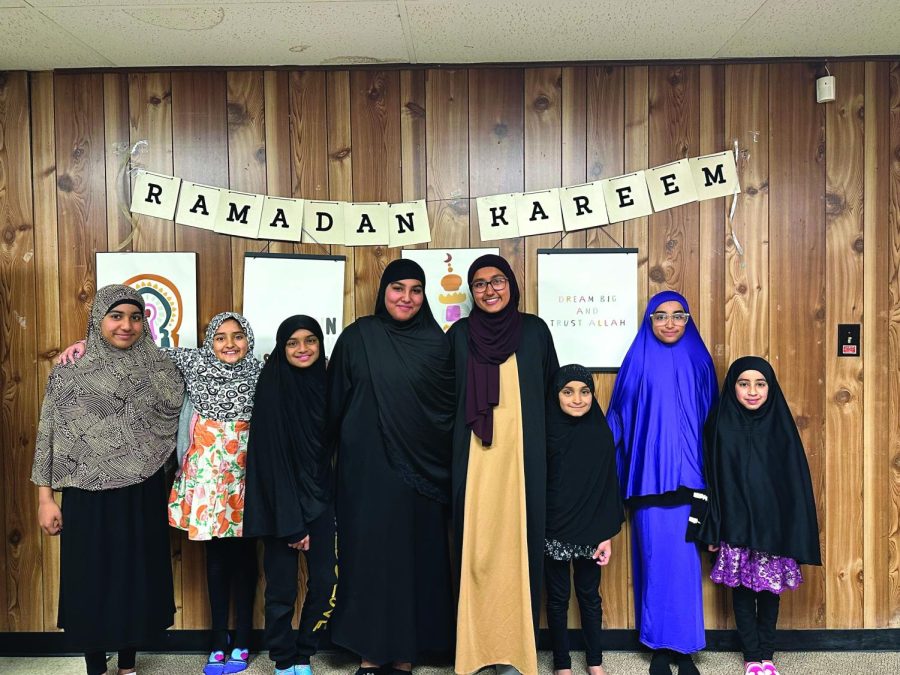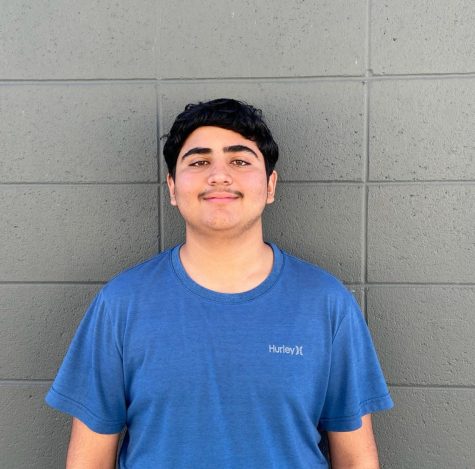What Ramadan Means For Muslim Students
Freshman Emaan Ahmad and other Muslim youth hang out in the local mosque’s classroom after their night prayer (Taraweeh).
March 22, 2023
Ramadan began on March 23, 2023, and Muslim students are preparing themselves for an entire month of fasting. Ramadan is the ninth month on the Islamic calendar, which is often seen as a time of community gathering and reflecting. During the month of Ramadan, students prepare to fast from sunrise to sunset.
During Ramadan, we call the time to eat before fasting starts “Suhoor,” where families usually gather to eat together right before the fast starts. The event which breaks the fast is called Iftar, where not just family, but community gathers to break the fast together.
We don’t just fast from food or water, but we also try our best to stay away from any sins. The month of Ramadan is not only meant to be taken as a month of fasting, but a month to build discipline and purify the soul.
Now you might think that this all seems super difficult and that Muslims might dread this month, but actually, Muslims absolutely love this month.
Muslim student Harris Din says, “I look forward to being able to test my discipline and challenge myself and see how much I improve after each Ramadan. I also look forward to building a deeper connection with Allah (God).”
Since Ramadan can be challenging, some people don’t have to fast or can make up a fast. For example, if you are sick, then you don’t need to fast.
Track runner Yaseen Sardar says, “I will make up my fasts after track season is over and I will pay Kaffarah and try my hardest to read as much Quran (our holy book) as I can.” For Yaseen, he has to pay Kaffarah, which is a charity that can be made to impoverished people in place of fasting.
While Ramadan may be challenging for Muslim students to try and balance school and their religion, the discipline they gain can help them for the rest of their lives.


